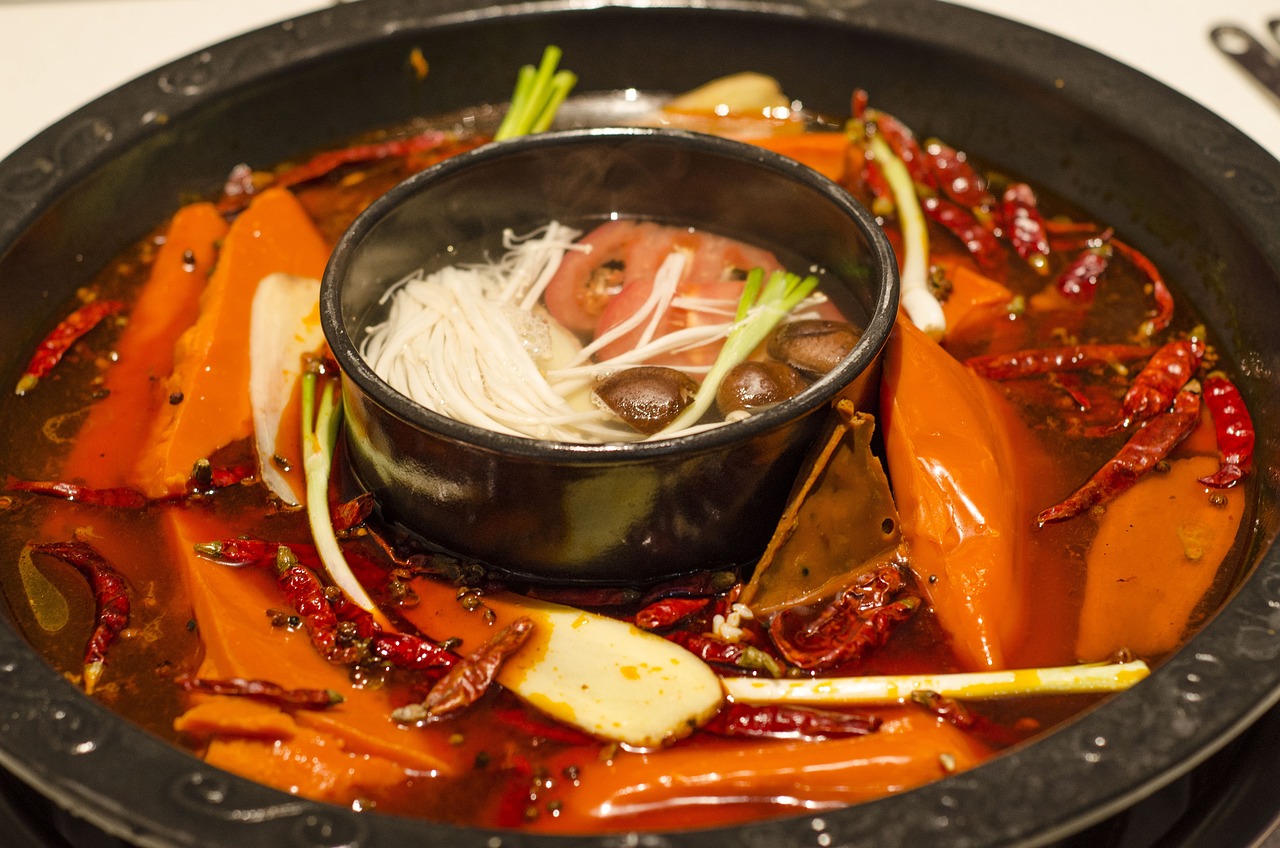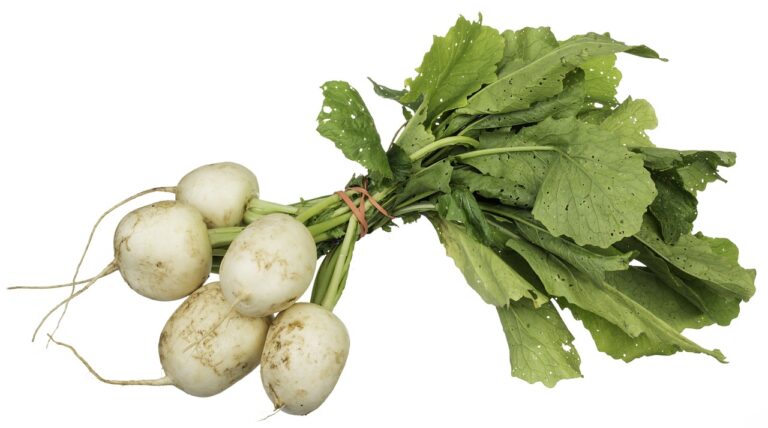The Role of Food Cooperatives in Promoting Local Agriculture and Supporting Farmers
Food cooperatives have long been a pillar of support for local agriculture and farmers. These community-based organizations play a vital role in promoting sustainable, ethical, and locally sourced food production. By working directly with farmers, food cooperatives help to create a more resilient and equitable food system. In this article, we will explore the important role that food cooperatives play in supporting local agriculture and farmers.
What is a Food Cooperative?
A food cooperative, also known as a co-op, is a member-owned and operated organization that provides access to fresh, healthy, and locally sourced food. Members of a food cooperative typically pay a membership fee and may volunteer their time to help run the cooperative. Food cooperatives operate on a not-for-profit basis, with a focus on creating a more sustainable and ethical food system.
Benefits of Food Cooperatives for Farmers
Food cooperatives offer a range of benefits to farmers, including:
- Guaranteed market access: Food cooperatives provide farmers with a reliable and consistent market for their products, helping to ensure a stable income.
- Fair prices: By cutting out the middleman, food cooperatives allow farmers to receive fair prices for their products, ensuring that they are adequately compensated for their hard work.
- Support for small-scale farmers: Food cooperatives often prioritize working with small-scale and local farmers, helping to support their livelihoods and communities.
- Access to resources: Food cooperatives may provide farmers with access to resources such as equipment, training, and technical assistance, helping them to improve productivity and sustainability.
Benefits of Food Cooperatives for Consumers
Food cooperatives also offer a range of benefits to consumers, including:
- Access to fresh, healthy, and locally sourced food: Food cooperatives prioritize sourcing products from local farmers, ensuring that consumers have access to fresh and high-quality products.
- Transparency and traceability: Food cooperatives often have strong relationships with farmers, allowing for greater transparency and traceability in the supply chain.
- Community building: Food cooperatives serve as community gathering spaces, bringing people together around a shared interest in sustainable and ethical food production.
- Educational opportunities: Food cooperatives may offer workshops, cooking classes, and other educational programs to help consumers learn more about where their food comes from and how it is produced.
Challenges Facing Food Cooperatives
While food cooperatives offer many benefits to farmers and consumers, they also face a number of challenges, including:
- Competition from larger retailers: Food cooperatives may struggle to compete with larger retailers that offer lower prices and greater convenience.
- Financial sustainability: Food cooperatives rely on membership fees and sales to cover operating costs, making financial sustainability a key concern.
- Infrastructure and logistics: Food cooperatives must manage complex supply chains and ensure the timely delivery of products to their members.
- Member engagement: Food cooperatives rely on active member participation to thrive, making member engagement a critical factor in their success.
Case Study: The Park Slope Food Coop
One example of a successful food cooperative is the Park Slope Food Coop in Brooklyn, New York. Founded in 1973, the Park Slope Food Coop has grown to become one of the largest and most well-known food cooperatives in the United States. With over 17,000 members, the Park Slope Food Coop offers a wide range of locally sourced and organic products, as well as a diverse selection of bulk items.
The Park Slope Food Coop is committed to supporting local agriculture and farmers, with a focus on building strong relationships with producers in the region. The cooperative also places a strong emphasis on sustainability and environmental stewardship, with initiatives such as composting, recycling, and energy conservation.
Members of the Park Slope Food Coop are required to volunteer for a few hours each month to help run the cooperative, which helps to build a sense of community and fosters a spirit of cooperation among members. This model of member engagement has been key to the cooperative’s success, with members feeling a sense of ownership and pride in their cooperative.
FAQs
1. How can I become a member of a food cooperative?
To become a member of a food cooperative, you typically need to pay a membership fee and may be required to volunteer your time to help run the cooperative. Membership requirements vary by cooperative, so it’s best to check with the specific cooperative you are interested in joining.
2. Can I shop at a food cooperative without being a member?
Some food cooperatives allow non-members to shop at their stores, while others may require you to become a member in order to make purchases. Again, it’s best to check with the specific cooperative you are interested in shopping at.
3. How is food sourced by food cooperatives?
Food cooperatives typically prioritize sourcing products from local and small-scale farmers, as well as from organic and sustainable producers. The cooperative may have direct relationships with farmers, or may work with distributors who share their values of ethical and sustainable food production.
4. Are food cooperatives more expensive than traditional grocery stores?
While prices at food cooperatives may vary depending on the products and region, they are generally competitive with traditional grocery stores. Food cooperatives prioritize fair prices for farmers and consumers, while also offering high-quality and locally sourced products.







